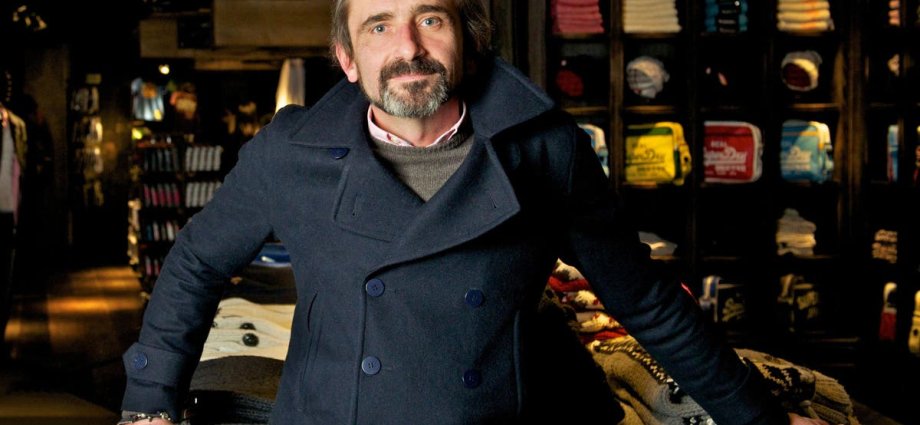Fast fashion giant Shein is being allowed to “dodge tax” because of an exemption on import duties on low-value parcels, according to the boss of one of its UK rivals.
Julian Dunkerton, chief executive of Superdry, told the BBC that the exemption is a tax “loophole” and that Shein is getting an unfair advantage.
Shipment parcels sent directly to UK customers that are worth less than £135 do not face import tax.
That contrasts with other fashion companies that bring in larger consignments, which are taxed, before distributing them.
Chinese-founded Shein, which was valued at 66 billion US dollars during its latest funding round, has disrupted the fast fashion industry by shipping cheap clothes direct from factories in China to UK and US-based shoppers.
The company has previously said it is successful because of an “efficient supply chain” and not tax exemptions.
It has also said in the past that it complies fully with all its UK tax obligations.
Mr Dunkerton said: “The rules weren’t made for a company sending individual parcels [and] having a billion-pound turnover in the UK without paying any tax.
“We’re allowing somebody to come in and be a tax avoider, essentially.”
A Treasury spokesperson said: “Our customs and tax regime balances reducing burdens for businesses and consumers buying lower-value goods from overseas with the interests of UK businesses.
“The decision on whether a firm can list in the UK is for the independent regulator, the FCA (Financial Conduct Authority), subject to a firm meeting the FCA’s listing rules.”
Shein is also facing growing scrutiny over its business practices in the UK amid its plans for a potential listing on the London Stock Exchange.
It launched a plan for an initial public offering at the end of last year, at first aiming for New York but later shifting to London after harsh criticism from US politicians.
Liam Byrne, the Labour chairman of the Business Select Committee, told the Financial Times newspaper that he wanted more scrutiny of Shein.
He said he wants the Government to ban the import of products made by forced labour in China.
Mr Byrne said he met representatives from the New York Stock Exchange earlier this year.
“They said it was clear there were some due diligence issues that hadn’t been cleared,” he said.
Shein has been approached for comment.











